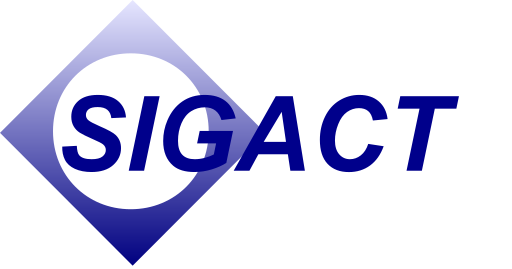
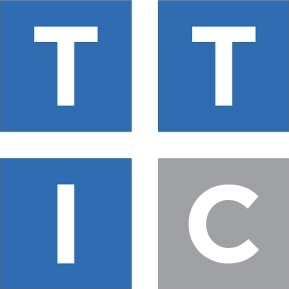
New Horizons in Theoretical Computer Science
tentative website - more details coming soon!
Important dates:
-
For full consideration, apply by April 15, 2021
-
School will take place (online) on May 31 to June 4, 2021
See application form below.
New horizons in theoretical computer science is a week-long online summer school which will expose undergraduates to exciting research areas in the area of theoretical computer science and its applications. The school will contain several mini-courses from top researchers in the field. The course is free of charge,and we welcome applications from undergraduates majoring in computer science or related fields. We particularly encourage applications from students that are members of groups that are currently under-represented in theoretical computer science.
Please contact summer-school-admin@boazbarak.org for more information. Please also see this (regularly updated) FAQ page.
Organizers:
| Boaz Barak (Harvard) | Shuchi Chawla (UT Austin) | Madhur Tulsiani (TTI-Chicago) |
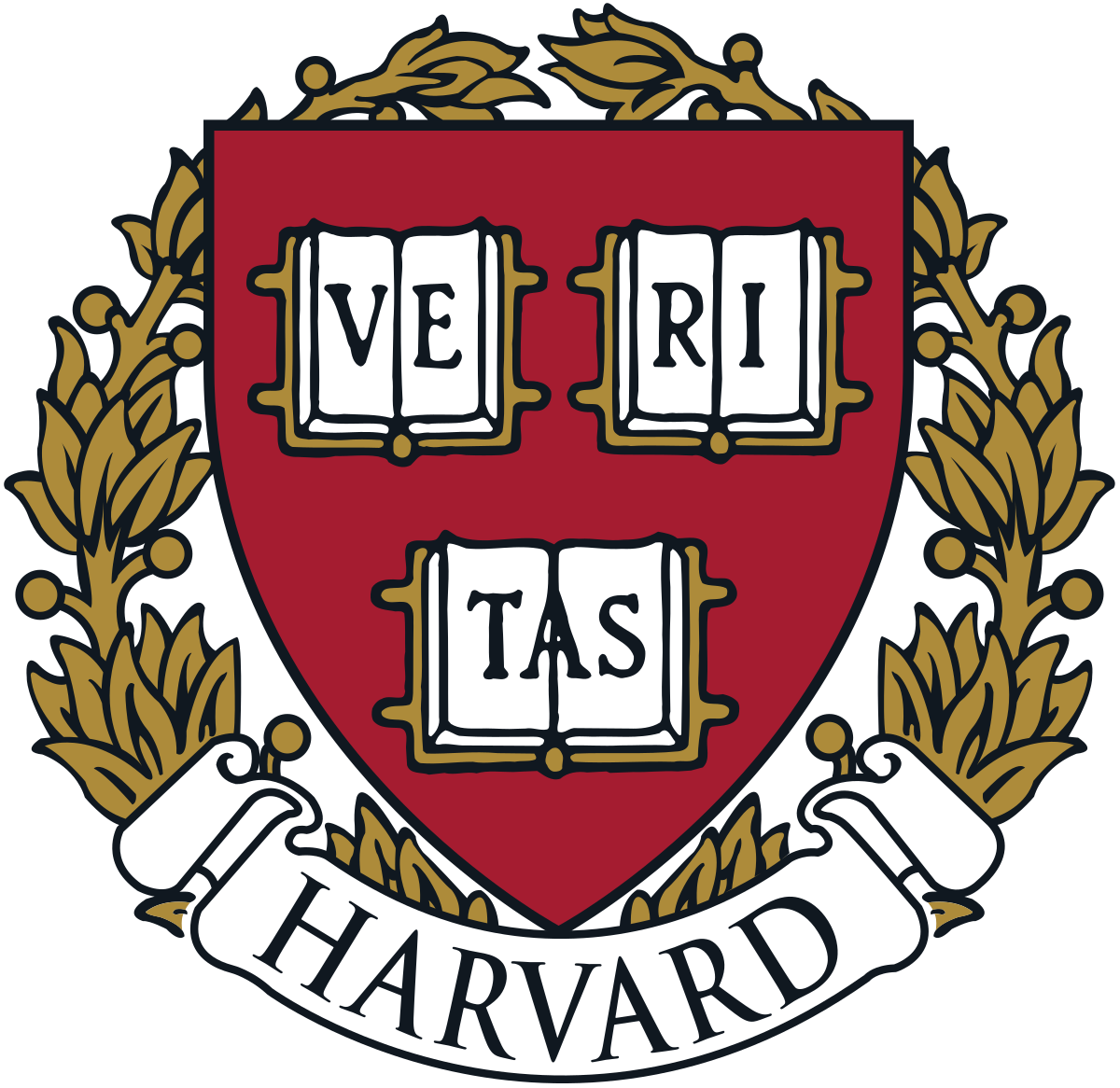
|
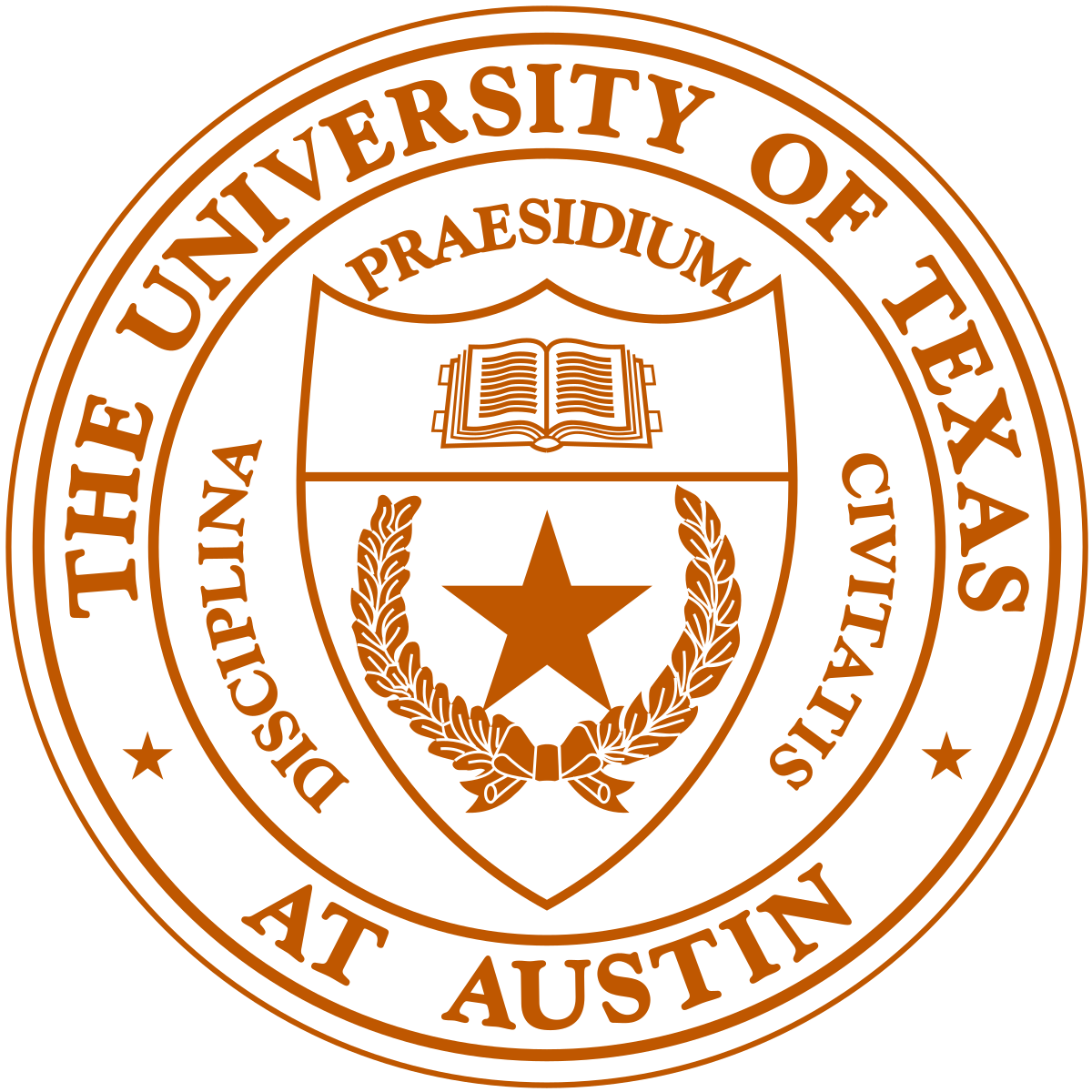
|

|
The summer course is organized by the Committee for the Advancement of Theoretical Computer Science (CATCS) of the ACM Special Interest Group on Algorithms and Computation Theory (SIGACT). We are grateful for support from SIGACT and the Toyota Technical Institute at Chicago.
We are looking for teaching assistants! See the call for applications. Please fill out this form if your are interested.
Applying to the school
The course is intended for currently enrolled undergraduate students that are majoring in computer science or related fields. Students will be expected to be familiar with the material typically taught in an introductory algorithms and discrete mathematics / mathematics for computer science courses. If you are unsure if you are prepared for the course, please write to us at summer-school-admin@boazbarak.org. We particularly encourage applications from students that are members of groups that are currently under-represented in theoretical computer science.
To apply to the summer school, please fill out this Google form
(URL: https://forms.gle/kmhpe75kSvSi3NVF7).
To ensure full consideration, please fill out the form no later than April 15, 2021. Please mention one reference in your form. References do not need to write a full letter, but rather a short (one paragraph) email to summer-school-admin@boazbarak.org will suffice. The letter should have the subject “Reference for [full name]”. </a>
Decisions will be communicated to applicants who applied by the deadline no later than April 30, 2021.
Instructors:
We will update the list of instructors as we get more confirmations:
| Antonio Blanca(Penn State University) |  |
Antonio Blanca is an Assistant Professor in the CSE Department at Penn State. His research is focused on the design and analysis of randomized algorithms, the Markov chain Monte Carlo method, and more generally, on the computational problems that arise in the study of probabilistic models in machine learning, statistical physics, and theoretical computer science. He received his Ph.D. from UC Berkeley in 2016; after that, he was a Postdoctoral Fellow at the Algorithm and Randomness Center at Georgia Tech. |
| Ashia Wilson(MIT) | 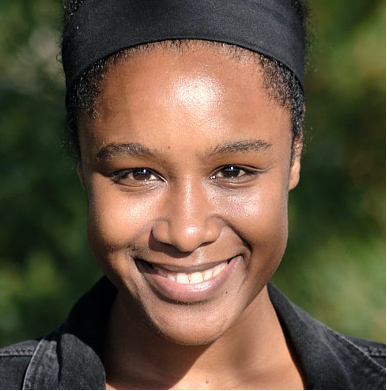 |
Ashia Wilson is an assistant professor in the department of Electrical Engineering and Computer Science at MIT. She is also a faculty PI in the Laboratory for Information & Decisions Systems. Her research focuses on the methodological foundations and theory of various topics in machine learning and statistics. Prof. Wilson obtained her B.A. from Harvard with a concentration in applied mathematics and a minor in philosophy, and her Ph.D. from UC Berkeley in statistics. Before joining MIT, she held a postdoctoral position in the machine learning and statistics group at Microsoft Research. |
| Jelani Nelson(UC Berkeley) | 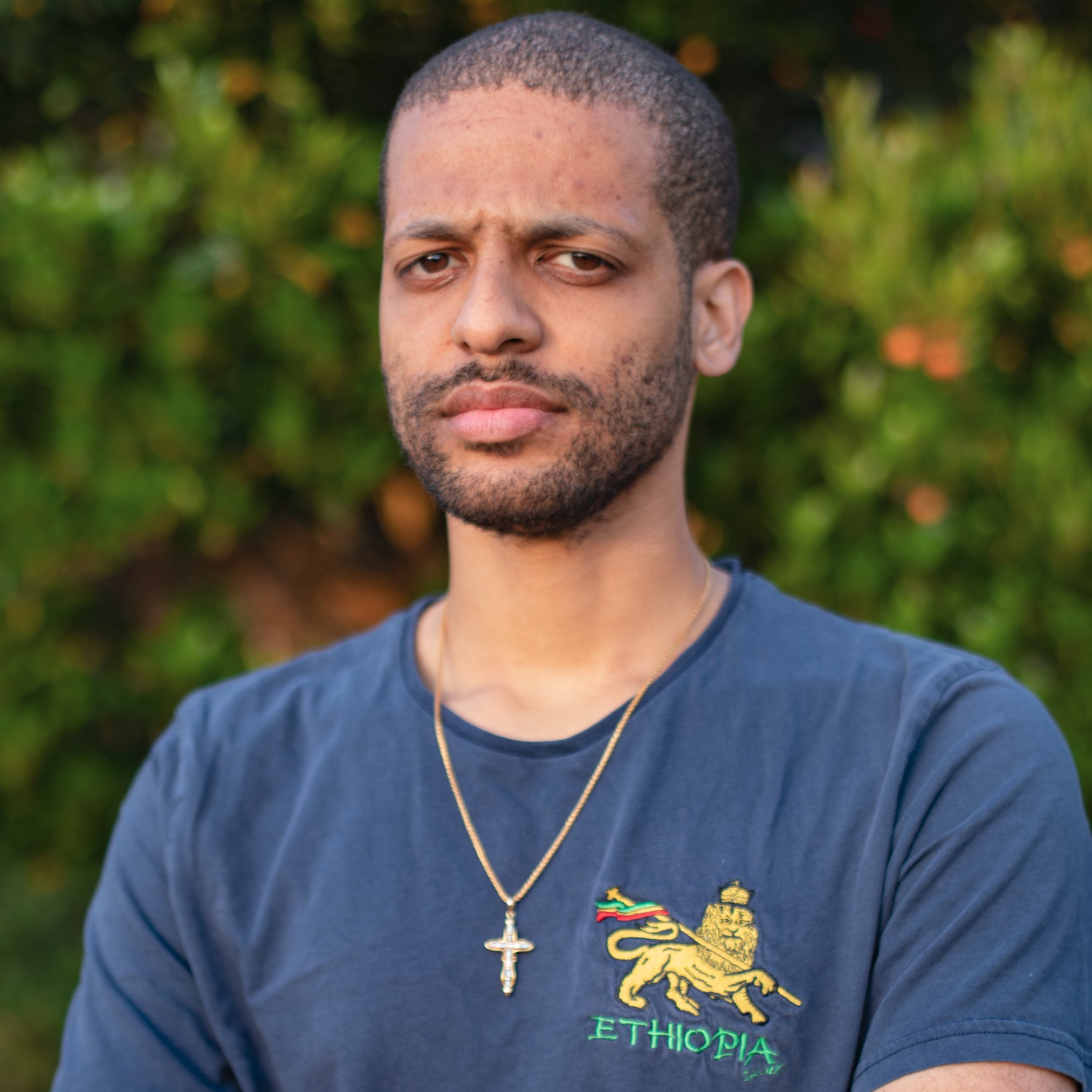 |
Jelani Nelson is a Professor of Electrical Engineering and Computer Science at the University of California, Berkeley. He won the 2014 Presidential Early Career Award for Scientists and Engineers, as well as the 2017 Sloan fellowship and numerous other awards. He is an expert on the analysis of algorithms, and in particular on memory-efficient streaming and sketching algorithms. Nelson is the creator of AddisCoder, a computer science summer program for Ethiopian high school students in Addis Ababa. |
| Nicole Immorlica (Microsoft Research) |  |
Nicole Immorlica is a Principal Researcher at the Microsoft Research New England Lab. She is broadly interested in problems at the intersection of economics and algorithms. Immorlica strives to explain, predict and shape behavioral patterns in various online and offline systems, markets, and games. She has published more than 80 scholarly articles, surveys and book chapters on topics including algorithmic game theory, market design, social networks, theoretical computer science and economics. Her honors include being recognized with the Harvard Excellence in Teaching Award (2018), a Sloan Fellowship (2012) and an NSF Career Award (2010). Immorlica is the incoming Chair of SIGecom, ACM’s Special Interest Group on Economics and Computation, Vice Chair of SIGACT, ACM’s Special Interest Group on Algorithms and Computation Theory, and an Associate Editor of ACM Transactions on Economics and Computing (TEAC). She is also the Program Co-chair for the 20th ACM Conference on Economics and Computation (EC 2019). |
| Yael Kalai (Microsoft Research) | 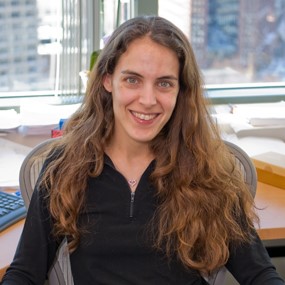 |
Yael Tauman Kalai received her BA (1997) from the Hebrew University in Jerusalem, MA (2001) under the supervision of Adi Shamir at the Weizmann Institute, and PhD (2006) under the supervision of Shafi Goldwasser at MIT. After postdoctoral positions at Microsoft Research and the Weizmann Institute, she is now a Researcher at Microsoft Research New England. Her honors include an outstanding master's thesis prize, and a Sprowls award (co-winner) for best PhD thesis at MIT. Her research focuses on cryptography. |
Schedule
The course will take place May 31 to June 4, 2021. A detailed program can be found here.
Recorded Lectures
Videos for the summer school lectures can be found here.